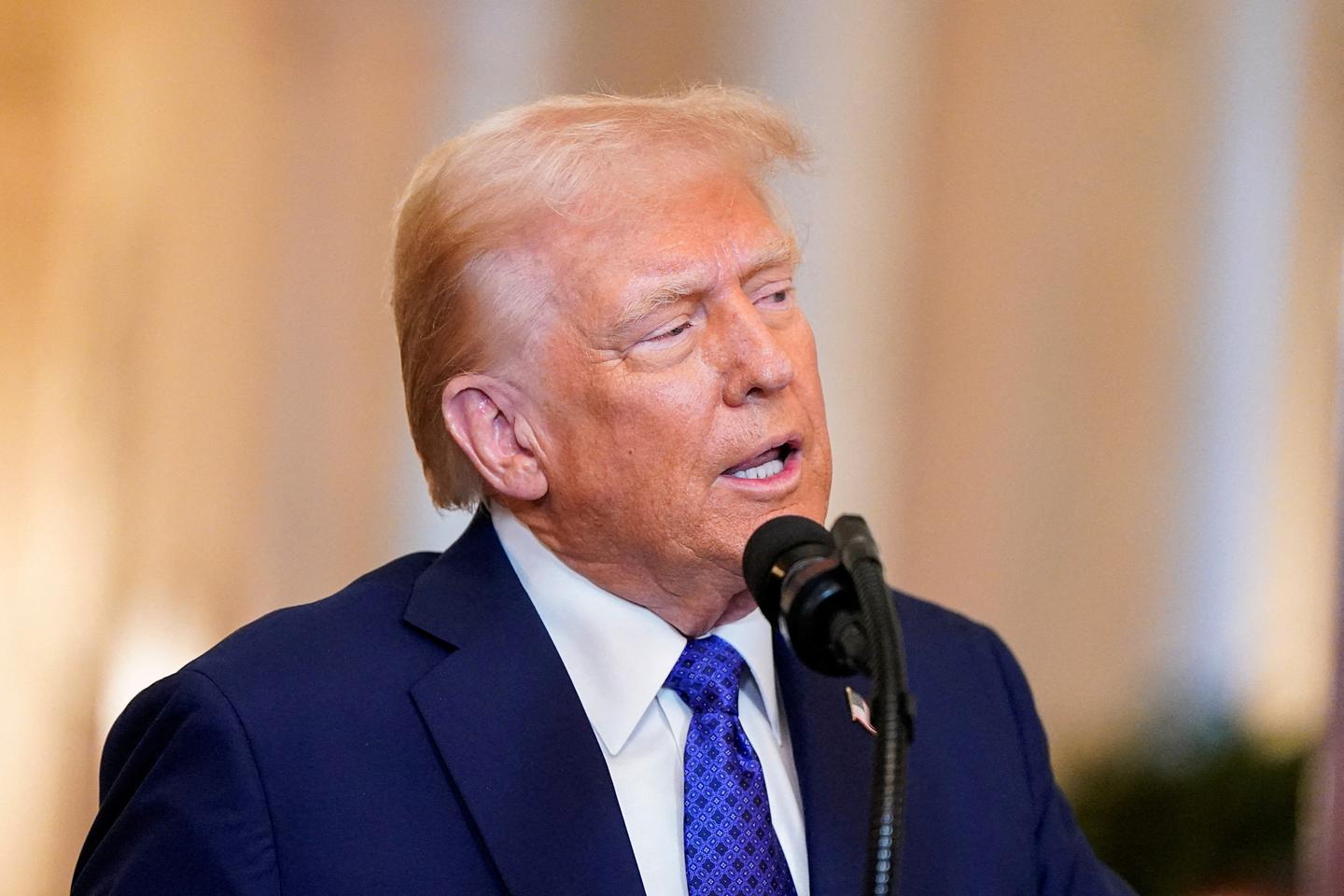


What if the future of the Israeli-Palestinian conflict depended, in part, on Donald Trump's ego? The 47th president of the United States would like to win the Nobel Peace Prize. As a rule, he has a pretty good idea of himself. He referred to himself as a "very stable genius" during his first term. He's not plagued by self-doubt, and so far, he has no reason to be.
In early 2016, no one would have bet on him entering the White House. In early 2024, no one would have imagined the re-election of the man at the head of the January 6, 2021, coup de force against Congress. Trump has overcome all obstacles: criminal indictments, two impeachment proceedings (only one would have made him ineligible), an assassination attempt. He promised to bring peace to Earth. He vowed to restore America to its former greatness. So, Oslo? The Nobel Peace Prize platform in the Norwegian capital? Why not? We can imagine the scene. Trump in a tuxedo, which he wears well, his hair tucked to his right (no longer in a visor), a satisfied pout, his eye on the teleprompter, multiplying the facetiousness for his favorite exercise: a lengthy speech extolling his merits before a select audience.
Elected in 2008, Barack Obama was awarded the Nobel Peace Prize 11 months later. The jury recognized him as a symbol of the United States' return to an internationalist approach. His predecessor, George W. Bush, had neither patience nor respect for international institutions and norms, in essence, the United Nations system. Obama's intention was to return to this and to practice what is known as multilateralism once again, adhering to a minimum set of rules agreed between states.
Trump, Bibi and MBS
Trump has no use for multilateralism. It's in the Middle East, and on his own, that he'd chase his Nobel. At the end of his first term, the Republican president sponsored the establishment of diplomatic relations between Israel on the one hand, and the United Arab Emirates, Bahrain, Morocco and Sudan on the other. These so-called Abraham accords were part of an important dynamic: the continuation of a movement toward the acceptance of Israel in its Arab environment – after the links established with Egypt (1979) and Jordan (1994).
You have 59.04% of this article left to read. The rest is for subscribers only.
